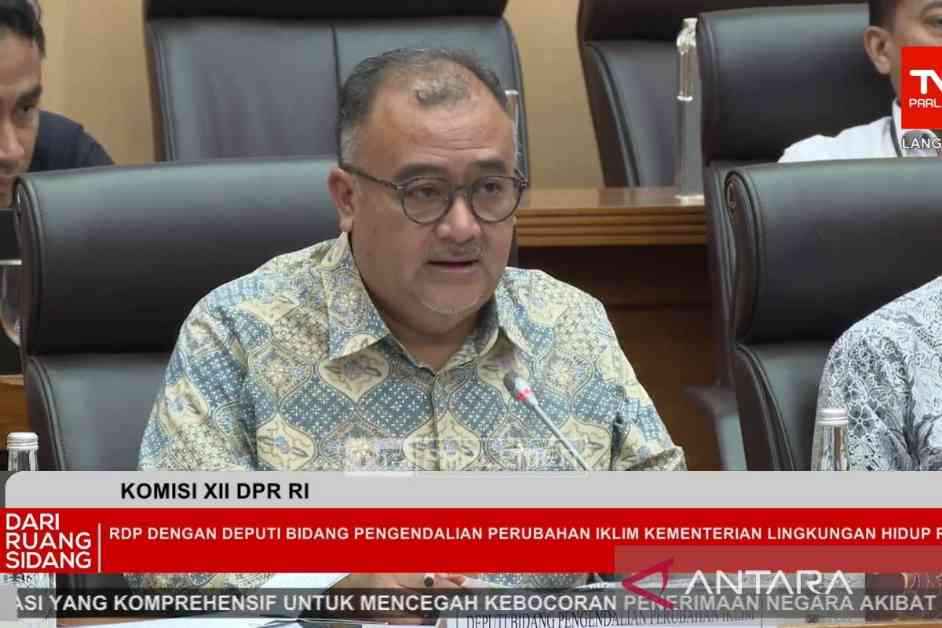The Ministry of Environment in Indonesia is taking significant steps to boost the country’s carbon trading market by establishing mutual recognition agreements (MRAs) with other nations. This initiative comes as a response to the relatively low popularity of Indonesia’s carbon market compared to international markets. Ary Sudijanto, the ministry’s deputy for climate change control, highlighted the importance of this effort during a meeting with Commission XII of the House of Representatives.
Sudijanto emphasized that Indonesia’s carbon trading volume is still limited, with prices not reaching significant heights. He noted that the concept of the carbon market in Indonesia is relatively new and unfamiliar to potential buyers who are more accustomed to international carbon trading practices. To address this gap, the government is offering various carbon trading schemes to developers through the local market, aiming to attract more interest and participation.
One of the key requirements for carbon developers is to register with the National Registry System (SRN) and utilize recognized international schemes when engaging in carbon trading activities. They have the flexibility to choose between using the local exchange or international platforms when trading in the secondary market. Sudijanto highlighted the potential economic benefits of the carbon market for Indonesia, emphasizing the importance of keeping all carbon trades within the country’s borders.
However, strict supervision is essential to prevent double counting of carbon credits and ensure the effective implementation of the Enhanced National Determined Contribution (NDC) targets. Sudijanto pointed out that the surplus from NDC efforts is expected to flow into the carbon market, requiring careful management to avoid discrepancies and overlapping claims by multiple parties. The government plans to align the measurement of the carbon exchange’s key performance index with the new National Medium-Term Development Plan (RPJMN) to track greenhouse gas emission reductions accurately.
The interconnection between investments in reducing greenhouse gases and the achievement of NDC targets underscores the importance of strengthening the Carbon Economic Value in meeting national goals. Sudijanto highlighted the significant economic potential of carbon trading for regions like Jambi and East Kalimantan, estimating a combined value of US$70 million. These funds will be channeled to regional governments through development planning agencies for initiatives that contribute to reducing greenhouse gas emissions.
Expert Insights on Carbon Market Development
To shed light on the significance of Indonesia’s efforts to promote the carbon market through MRAs, we turn to Dr. Lisa Chang, an environmental economist at the University of Indonesia. Dr. Chang emphasizes the importance of international cooperation in enhancing the visibility and attractiveness of Indonesia’s carbon market to global investors and buyers. She notes that aligning local practices with international standards can boost confidence in the market’s credibility and sustainability, attracting more participants and driving economic growth.
Regional Impact of Carbon Trading Initiatives
The potential benefits of carbon trading extend beyond economic gains to environmental and social impacts at the regional level. Dr. Jamaluddin, a leading environmental scientist, highlights the positive outcomes that regions like West Sumatra have experienced through carbon reduction initiatives. By leveraging carbon trading opportunities, these regions can secure grants that support local development projects aimed at reducing greenhouse gas emissions. This dual benefit of economic growth and environmental sustainability underscores the transformative power of carbon market initiatives in Indonesia.






















